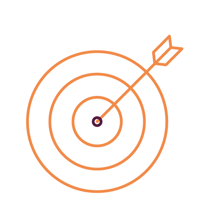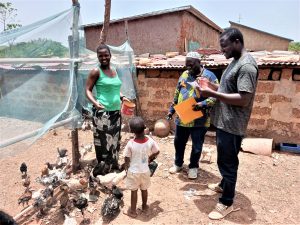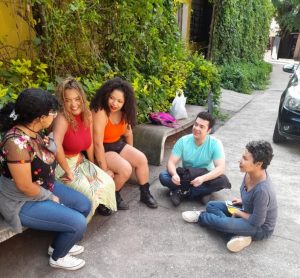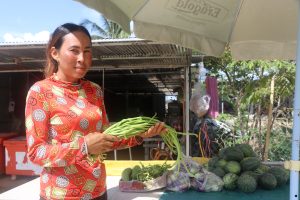- Andean region
- Bolivia
Interesting exchange of experiences between partners and...
Interesting exchange of experiences between partners and farmers of the impulSAS Bolivia programme in the central valley of Tarija

At Eclosio, entrepreneurship plays a key role. For several years now, we have been working with our local partners to help them develop entrepreneurial activities that are resilient and generate more income.
In West Africa in particular, we provide support to a wide range of audiences, including young men and women leaving technical and vocational schools, migrant∙e∙s returning home, producers, entrepreneurs and NEETS (young people without jobs or training), in their quest for decent employment, linked to food production or processing.

The “Osez entreprendre” project in northern Benin aims to create sustainable jobs for young men and women by supporting entrepreneurial initiatives in ecological market gardening, cultivation, livestock rearing and production.
In the Thiès region of Senegal, more than 401,000 young people find themselves in a precarious situation, faced with a lack of access to skills training, decent jobs and economic opportunities. Faced with this challenge, the Global Opportunity Youth Network (GOYN) and all the players in the training-integration-employment ecosystem in Thiès are committed, over the next 10 years, to supporting at least 40,000 young people towards successful professional integration in salaried employment or entrepreneurship, in the horticulture, tourism and fishing sectors. To achieve this, GOYN is working on structuring the ecosystem, amplifying the voice of young people, access to training leading to qualifications, economic opportunities and employment.

Value Added Chains (VACs) can be defined as all the stages required to offer a product to the end consumer. This includes the stages of production, processing, marketing and final consumption, all of which are interconnected.
Eclosio implements projects to strengthen and promote CVAs for products from family farming, mainly using the ValueLinks methodology (https://valuelinks.org/).
We do this by strengthening small producer organisations, equipping them to manage the processing stages themselves and supporting them in the development of commercial partnerships, thus bringing producers∙trices and final consumers∙trices closer together.
Thanks to this approach, producers :

Cambodian producer at a local market
Social protection is a human right. It is defined as a set of policies and programmes aimed at reducing and preventing poverty and vulnerability throughout the life cycle.
In 2020, only 17% of the African population benefited from at least one social protection benefit. Most of the uncovered population are people dependent on the informal economy who have no access to the traditional social protection system. In addition, the resurgence of natural hazards due to climate change is exacerbating the vulnerability of these populations.
Against this backdrop, since 2006 Eclosio has been involved in developing models of social protection and inclusion that emphasise the promotion of solidarity-based systems (mutuality and cooperation) in conjunction with state interventions and private sector initiatives. In addition, we are strengthening the resilience of producers∙trices to climate change by working with stakeholders on agricultural insurance, climate information and sustainable production methods.
This approach has notably been developed in the OSIRIS-Offre de services Intégrés en milieu Rural pour l’Inclusion Sociale project – run in Senegal between 2015 and 2019, the Femmes, Sols et Energie project in Benin and is currently being applied in the ‘Sustainable Food Systems and Natural Resource Management programme in Senegal’, run with the Uni4Coop consortium.